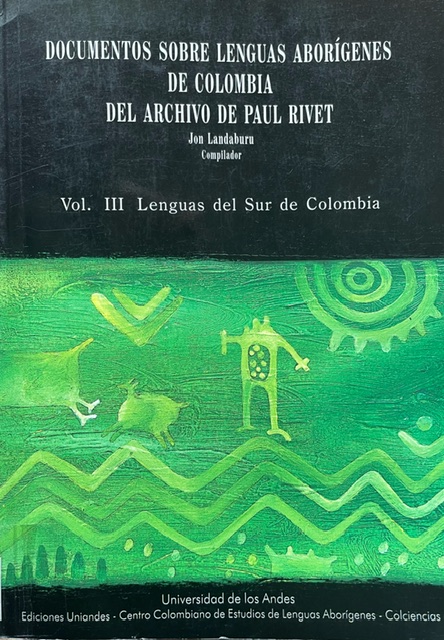Teaching and researching speaking / Rebecca Hughes with Beatrice Szczepek Reed
Tipo de material: TextoIdioma: Inglés Series Applied linguistics in actionEditor: Nueva York : Londres : Routledge, 2017Edición: Tercera ediciónDescripción: xvi, 243 páginas ; 23 cmISBN: 9781138911758Tema(s): Comunicación oral -- Enseñanza -- Investigaciones | Habla -- Enseñanza -- InvestigacionesClasificación CDD: 302.2242
TextoIdioma: Inglés Series Applied linguistics in actionEditor: Nueva York : Londres : Routledge, 2017Edición: Tercera ediciónDescripción: xvi, 243 páginas ; 23 cmISBN: 9781138911758Tema(s): Comunicación oral -- Enseñanza -- Investigaciones | Habla -- Enseñanza -- InvestigacionesClasificación CDD: 302.2242 | Tipo de ítem | Ubicación actual | Colección | Signatura | Copia número | Estado | Notas | Fecha de vencimiento | Código de barras |
|---|---|---|---|---|---|---|---|---|
| Libros | Sede Yerbabuena | Colección General | 302.2242 H893t | ej. 1 | En catalogación | tmt10 | 500079207 |
Incluye bibliografía e índice.
Pte. 1ª: Issues in teaching and researching speaking. -- Conceptual and historical background. -- Introduction. -- The skill of speaking. -- The nature of speech in congrats to writting. -- Where does speech fit in language studies?. -- Summary. -- The research space: paradigms and issues. -- Introduction. -- Classical research paradigms in relation to researching speaking. -- Attitudes to speech data. -- The applicability of research approaches and frameworks to the study of speech. -- Levels of analysis. -- Summary. -- Pte. 2ª: Issues for teaching and assessing speaking. -- Approaches, materials, and the issue of 'Real' speech. -- Introdcution. -- What are our models and standars when we tach speaking?. -- The evolution of materials to teach speaking?. -- The evolution of materials to teach speaking. -- The current scene in materials to teach speaking. -- Bringing the skills together. -- Summary. -- Issues in assessing speaking. -- Introduction. -- Why the anture of speaking is a challenge for test designers. -- Oral assessment in three high-stakes tests. -- Summary. -- Approaches to researching speech. -- Introduction. -- Quantitative and qualitative approaches towards researching speaking. -- Theory-driven, positional, or ideas-based approaches to reasearching speaking. -- New directions. -- Pte. 3ª: Spoken language and the classroom. -- Introduction. -- The status of speaking in classroom. -- The role of spoken interaction in communicative language teaching classrooms. -- Drawing on classroom practice for research and vice versa. -- Summary. -- Research project ideas and frameworks. -- Introduction. -- A project on spoken language found in textbooks versus a corpus. -- A project on the effects of speech rate n the context of English as lingua franca presentations. -- An exploration of intercultural expectations in conversation. -- A project that analyses a professional speaking genre so I can be handled in the classroom. -- A project on speaking assessment with low education immigrant test takers. -- A project investigating the relationship between gesture and speech processing using fMRI scanning techniques. -- Pte. 4ª: Resources and further information. -- Research borders and boundaries. -- Introdcution. -- Speaking and ethnographic or cross-cultural studies. -- Speaking and psycolinguistics. -- Speaking and neurolinguistic studies. -- Speaking and corpus linguistics. -- Speaking and new technologies. -- Research resources. -- Journals and E-Journals. -- Societies and organisations. -- Online resources. -- Speech corpora. -- Speech corpora. -- Speech recognition and text-to-speech. -- Online pronunciation and intonation resources. -- Miscellaneous sites for the applied linguistic with an interest in spoken discourse. -- Moving towards your own project on spoken discourse. -- Sources of inspiration for research. -- Research skills summaries.
Fundación Teatro Musical Latinoamericano Compra 28/07/2017 Factura - 2767
Lenguaje y lenguas




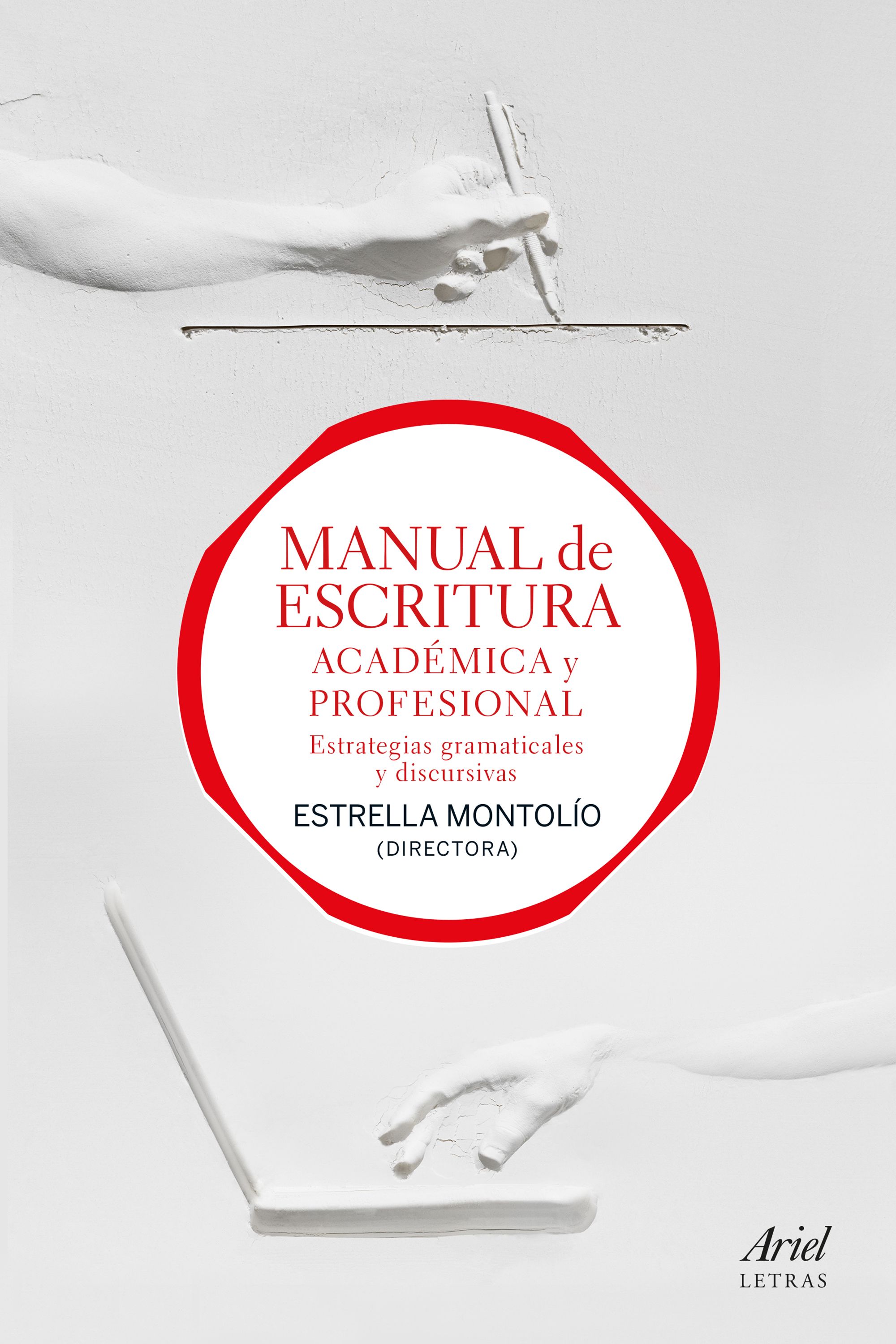
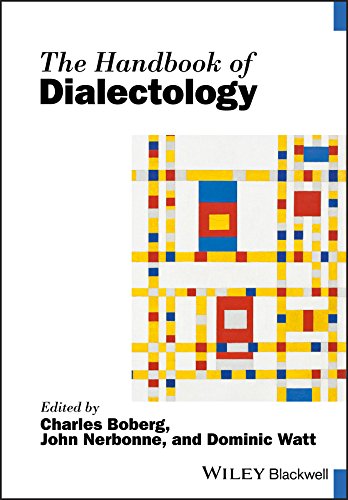
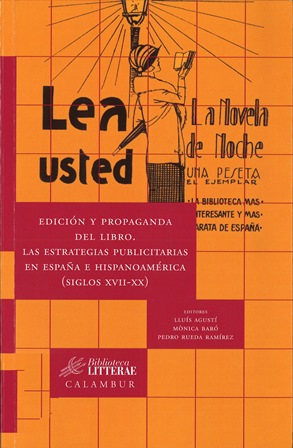
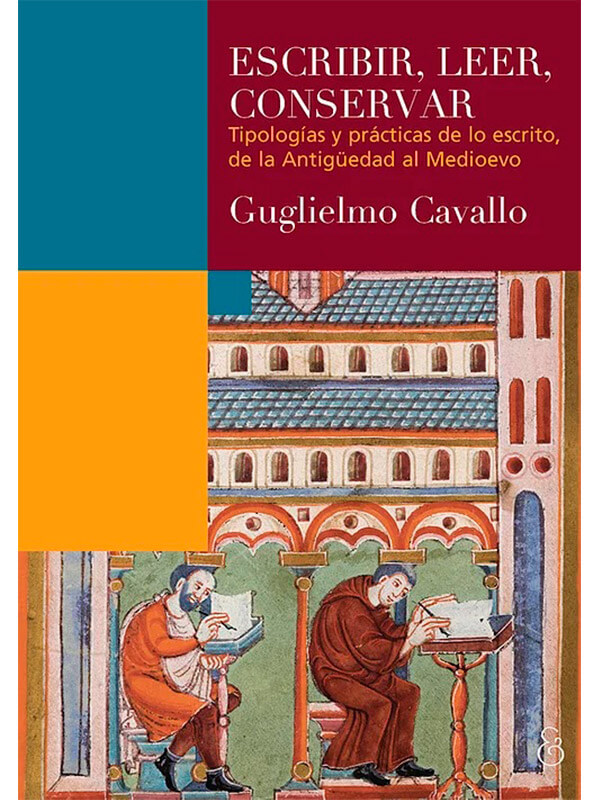
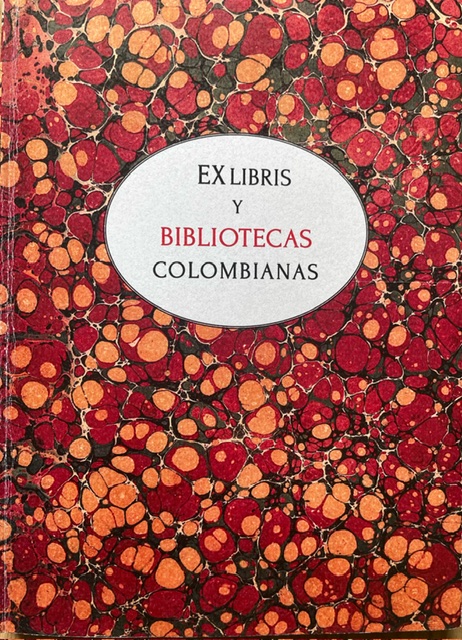
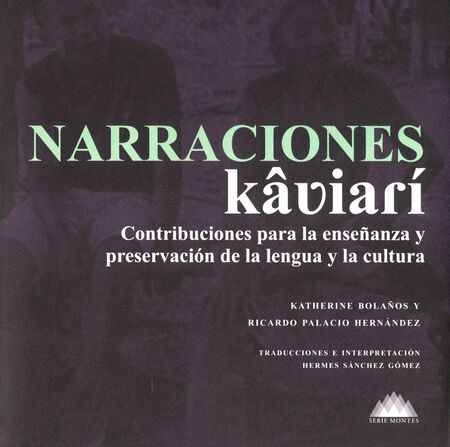
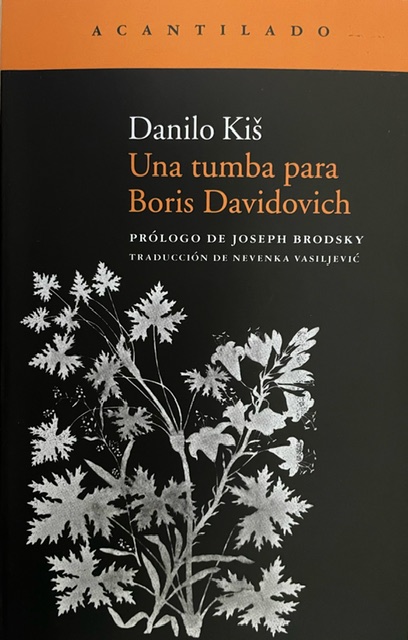

![Los indios katíos: Su cultura [y] su lengua / Constancio Pinto García Los indios katíos: Su cultura [y] su lengua / Constancio Pinto García](https://biblioteca.caroycuervo.gov.co/opac-tmpl/bootstrap/images/Portada9.jpg)
